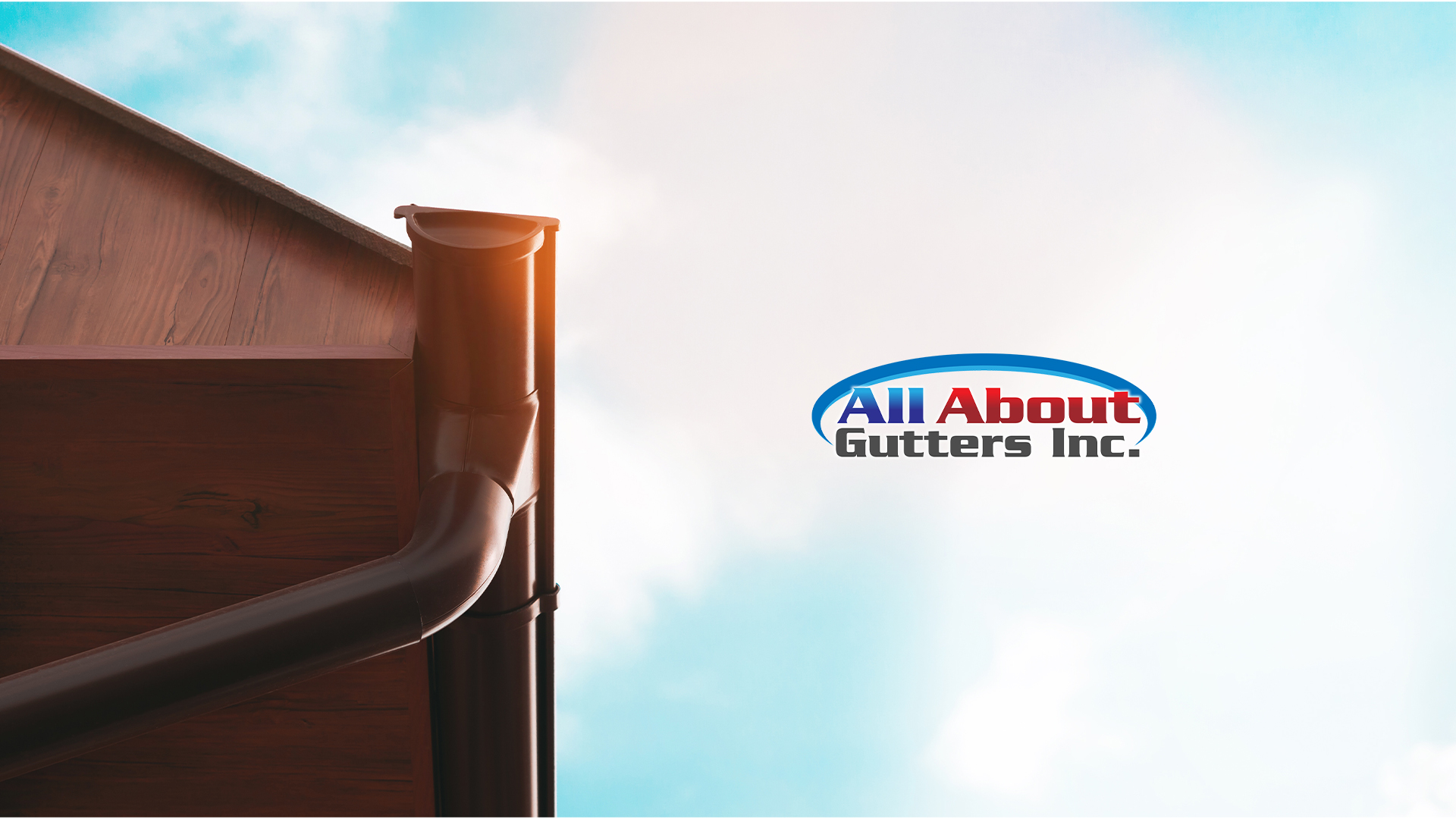How To Put Gutters On The Side Of The Facade?
The gutters collect the water from the façade, preventing it from falling directly onto the wall, getting it wet and producing humidity. They can be placed in different parts of the facade and one of them is the side. If you do not do a correct installation it can cause problems in the structure of the house. We recommend that you look for a professional in the installation of gutters to help you place, extend and renew the gutters on the sides of the facade of your home, especially if you choose aluminum gutters, in which case it is essential that a company professional manufacture them.
Next, we explain in detail all the steps necessary to
install gutters on the side of the facade of your home.
Check the condition of the facade
Normally the first thing you should do is take a look at the
general condition of the façade and check the material it is made of, since if
it is necessary to carry out any repairs due to damage, it is essential to do
so before placing the ducts. In this way, you ensure that the installation will
last and you will avoid problems in the future.
In addition, the professional who is going to carry out the
assembly will check the level of the edge of the facade or the roof, something
very important to calculate the necessary slope of the gutters on the sides.
How to place gutters on the side of
the facade
Certain gutter models include the sides to be placed on a
roof or facade, whether made of tiles, sandwich panels or other material. In
some cases, in which the pipe is simply screwed to the roof, the system also
works to seal the edge of the facade, preventing possible water leaks, as well
as to direct rainwater directly into the drainage system. channeling of
rainwater.
At the time of assembly, it must be calculated that the
gutter stands out enough to collect rainwater on the sides . In fact, one of
the most common practices when the ducts are installed throughout the house is
to do it at the same time that the roof or panel is installed as a cover, so
that both are integrated.
However, it is not the only way to place them on the sides
of the façade, since they can also be added with the help of supports,
depending on the type of roof material.
Place the supports on the side of
the facade
In the case of the supports, the installation is very
similar both for the channels on the roof and for the sandwich panel. That is,
you must use supports that can be placed on the eaves of the roof with the help
of some screws.
You can use specific material, for example if you do the installation
of gutters for sandwich panel , which must be carried out using specific hooks.
In the case of the ducts to hook into the tile, the anchors are hidden during
the procedure and this will be slightly different. These pieces for the sides
can be screwed directly onto the panel cornice or hooked onto the tile, leaving
a distance of about 50 cm from each other .
As the sandwich panel is usually thicker, it is not
necessary to drill from side to side, but only to screw well so that the ducts
are attached. You must bear in mind that
in the event that the anchors protrude from the facade, it will be necessary to
place some elbows that join with the downspouts, since the vertical gutters
must be attached directly to the facade of the house.
Place the rain drainage system on
supports
Once you have placed the hooks or anchors on the sides of
the facade, it is time to place all the ducts, which can be fixed to the
supports by means of screws that incorporate them.
You need to know that each anchor has a route in the corners
where the fastening is made. It is placed in this way to facilitate the
conduction of water through the downspouts. In this part it is very important
that a qualified professional help you, who takes into account both the level
of the facade and that of the gutters.
Afterward, the downspouts will be installed in such a way as to allow rapid and safe evacuation of rainwater. At the time of planning and executing an installation on the side of the facade of your home, always seek the advice of professional installers, since they will know how to calculate the needs of the rainwater system for your home.




Comments
Post a Comment